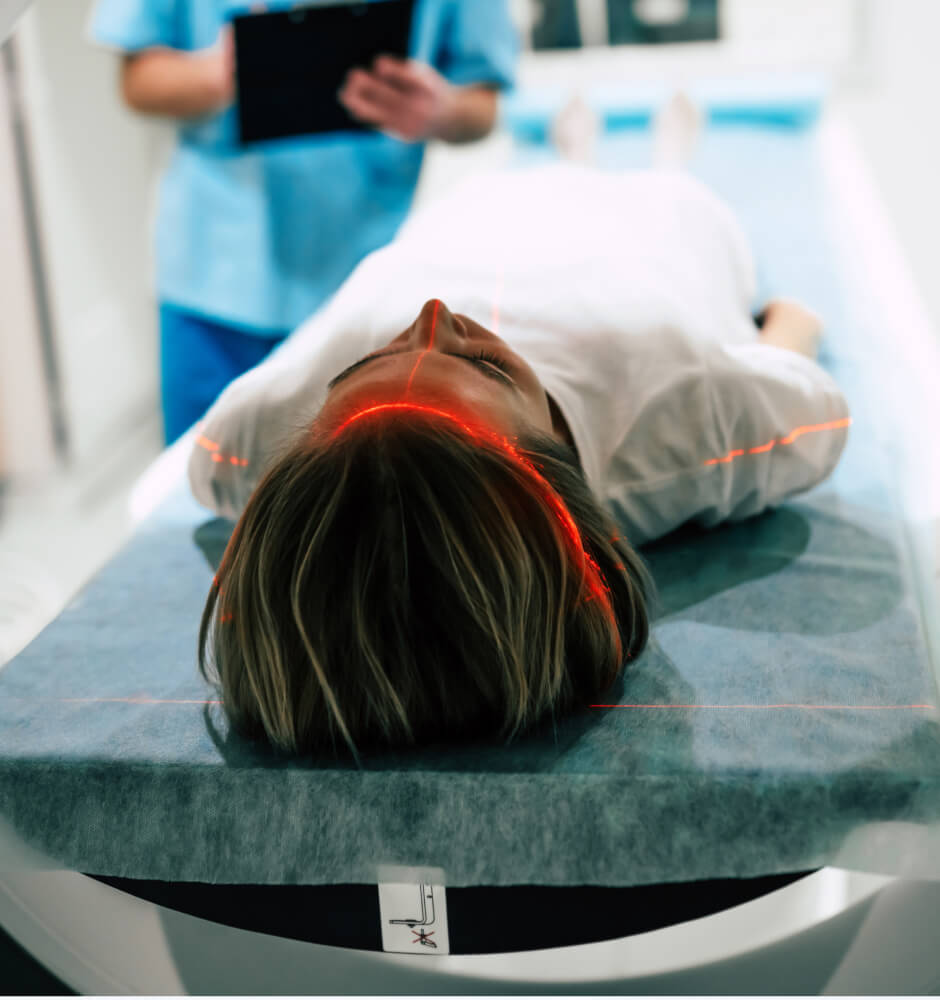Alzheimer’s is a neurological disease affecting the neurons of the brain. While the exact cause of the disease remains relatively mysterious, it is thought to be a result of the build up of beta-amyloid plaques, which are thick protein deposits present in the brain, and neurofibrillary tangles, which are abnormal structures formed in neurons. This buildup causes neurons in the brain to lose connections with other neurons and die.
According to the Alzheimer’s Association, more than 6 million Americans are living with Alzheimer’s, and that statistic is expected to rise to 13 million by 2050. Moreover, only 40% of Americans will talk to their doctor when they experience memory and cognitive loss. While this disease is irreversible, medical imaging like MRI is a powerful tool in early detection and diagnosis.
Using MRI to discover Alzheimer’s
Magnetic Resonance Imaging (MRI) uses a computer, magnetic fields, and radio waves to generate images within the body. This type of medical diagnostics technology can be used for virtually all parts of the body, generating images of any specific area troubling you, and providing a quick and accurate diagnosis for your physician.
When used to scan the brain, MRI serves as a non-invasive window into the intricate structures of the brain, allowing experts to detect subtle changes associated with Alzheimer’s disease before noticeable symptoms manifest. This imaging technique provides detailed images of the brain’s anatomy, enabling healthcare professionals to identify structural abnormalities and abnormalities in neural connectivity.
Advantages of MRI in Alzheimer’s Detection
One of the key advantages of utilizing brain MRI for Alzheimer’s detection is the ability to visualize the hippocampus, a region crucial for memory and often affected in the early stages of the disease. Studies have shown that individuals with Alzheimer’s exhibit a reduction in hippocampal volume, making it a reliable biomarker for early detection. By closely examining these changes through MRI scans, healthcare professionals can spot potential signs of Alzheimer’s before cognitive decline becomes evident. Scans can also rule out causes of cognitive decline, aiding in a more accurate diagnosis.
The significance of early Alzheimer’s detection lies in the opportunity for timely interventions and support. Unlike many other diseases, Alzheimer’s does not currently have a cure. However, early detection opens avenues for implementing therapeutic strategies and lifestyle modifications that can help slow down the progression of the disease. This may include personalized treatment plans, cognitive interventions, and support services that enhance the quality of life for individuals and their families.
The use of brain MRI in the early detection of Alzheimer’s disease is a game-changer in the field of neurology. By providing detailed insights into the brain’s structure, MRI scans empower healthcare professionals to identify subtle changes associated with Alzheimer’s before symptoms appear. The significance of this early detection lies in the ability to initiate timely interventions, support, and participation in clinical trials, ultimately paving the way for a better understanding and management of Alzheimer’s disease.














